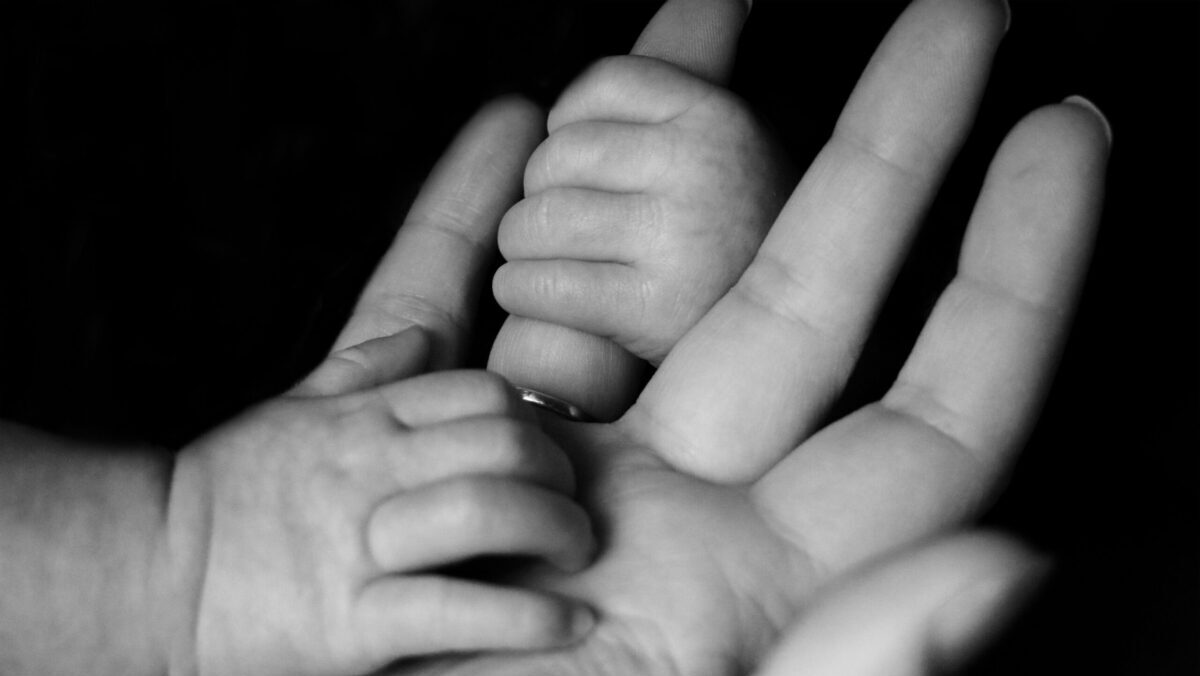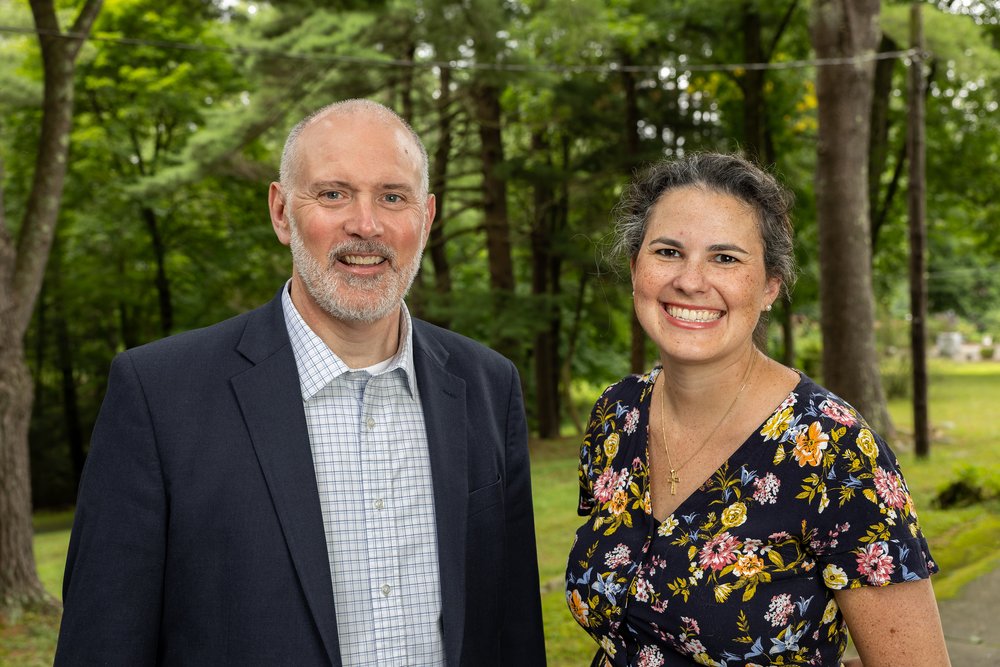According to the United Nations High Commissioner for Refugees, more than 84 million people around the world have been forced to flee their homes. Among them are some 26.6 million refugees, the highest number on record. It is estimated that 68% of the world’s refugees come from just five countries.
How can Christians help with the global refugee crisis? What responsibility is there to care for and serve refugees? And how can people get involved in practical ways in local communities? Currently millions of Ukrainians have been displaced by war and are traveling to neighboring countries. In the Middle East the U.S. departure from Afghanistan created an urgent humanitarian crisis as thousands of Afghans fearing persecution from the Taliban fled the country.
An online event, presented April 19 by the Ethics & Religious Liberty Commission of the Southern Baptist Convention, featured several advocacy leaders: Bryant Wright, president of the North American Mission Board’s Send Relief; Matthew Soerens, U.S. director of church mobilization for World Relief and national coordinator for the Evangelical Immigration Table and Bri Stensrud, a human dignity advocate and director of Women of Welcome.
Bryant Wright
Wright started the presentation by sharing the biblical perspective of why Christians should care about refugees and immigrants. Citing Matthew 25:31–45, he said Jesus makes it clear that how Christians treat people in need and those who are hurting is how they treat Him.
Explaining that believers are revealing to the world that they love and follow Jesus, Wright said Christians should show they care for people out of gratitude for Who Jesus is and what He has done.
He noted the impact of multiple mission trips his church took while he was pastor of Johnson Ferry Baptist in Marietta, Georgia, from 1981–2019.
“When you get out and see the needs of the world, it changes your whole perspective on life,” Wright noted.
“When people are displaced and have lost everything,” he added, “they are wide open and searching for ultimate meaning in life and trying to make sense of the ordeal they are having to go through.”
In 2015 when President Obama increased the number of Syrian refugees for U.S. resettlement, Johnson Ferry adopted 10 families — eight from Syria that were Muslim and two from Iraq that were Christian.
Wright said it’s difficult to describe the impact it had on the congregation.
“[It] gave us an amazing platform … of sharing Christ. And we were simply doing what Jesus calls us to do.”
When a church becomes passionate about the Great Commission and begins to send people on mission, Wright said, that church begins to have a different heart about the world and people who are different.
Bri Stensrud
Stensrud noted factors that have led to refugee crises, including political issues like war, civil unrest, change in government and policies that affect human rights and economic development; environmental disasters like hurricanes and famines; and COVID-19.
“The political instability in these countries has a cascading effect that only compounds the desperation that people feel, but also allows for violence to become the rule of law,” Stensrud noted.
She has been able to help people overcome misconceptions about refugees and the resettlement process, she said.
“The vast majority of misconceptions are based on fear. So many of [them] are based on a narrative that has been created for us instead of based on personal experience and knowledge through having relationships with people who have fled or immigrated to the U.S.
“What can give us an accurate perception of those coming to the U.S. is to see past the headlines and start serving, start getting close to people who are starting new lives … and showing up in really uncomfortable places because that is what God calls us to do,” Stensrud declared.
Matthew Soerens
Soerens discussed the U.S. refugee resettlement process and the role World Relief plays, noting last year less than one-tenth of 1% of the world’s refugees resettled here.
World Relief’s mission is to empower the local church to serve the most vulnerable, Soerens noted, seeking to bring churches into the resettlement process from the beginning.
“Often we’ll have a team from a church to welcome families at the airport,” he explained. “It’s often a team from the church that helps provide furniture for the apartment or even find the apartments.
“The biggest role for a team from the church is relational, what we call the ‘good neighbor team,’ to walk alongside that family as they arrive.”
Soerens said World Relief believes it’s in the best interest of the U.S. to have a robust and nimble resettlement process.
“The reality is right now there is not the infrastructure in place to resettle the number of refugees that were resettled in 1980 when this country took in more than 200,000 refugees coming out of Vietnam. It was a very significant stretch to bring in about 75,000 Afghans starting last summer.”
He pointed out that since the Refugee Act was signed in 1980, some 3 million have been resettled and not one has taken the life of a U.S. citizen in a terrorist attack.
“I’m concerned that sometimes we’ve so focused on the question — is the government doing its job? — and maybe not looking very hard for the answers that we’ve forgotten to ask: Who is my neighbor?”
Watch the replay of How Christians can serve refugees.
Photo caption: A Ukrainian family has an emotional reunion when a refugee disembarks from a bus fleeing Ukraine at the border crossing near the Polish town of Chelms. In Feb. 2022, Russian forces invaded Ukraine causing a massive movement of refugees into bordering nations as well as internally displaced peoples within Ukraine. (Photo courtesy of IMB)
EDITOR’S NOTE — This article was written by Michael Smith, and was originally published by The Baptist Paper.






